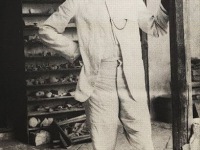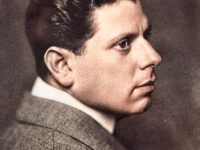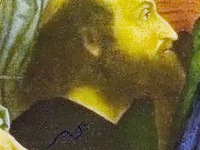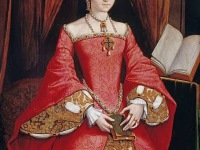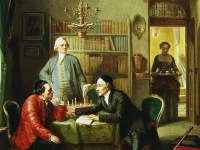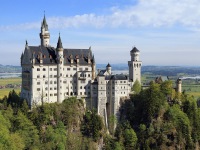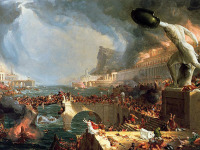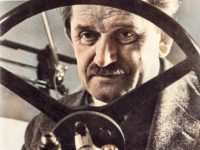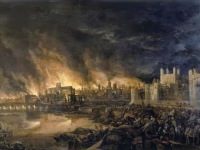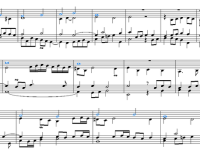Robert Koldewey’s Excavations in Babylon
On September 10, 1855, famous German architect and self-trained archeologal historian Robert Johann Koldewey was born. He is best known for his discovery of the ancient city of Babylon in modern day Iraq, where he excavated the foundations of the ziggurat Marduk, and the famous Ishtar Gate. Robert Koldewey – Early Years Robert Koldewey was bornin Blankenburg (Harz Mountains), Duchy of Braunschweig, to the customs officer Hermann Koldewey and his wife Doris, born copper. He first…
Read more

